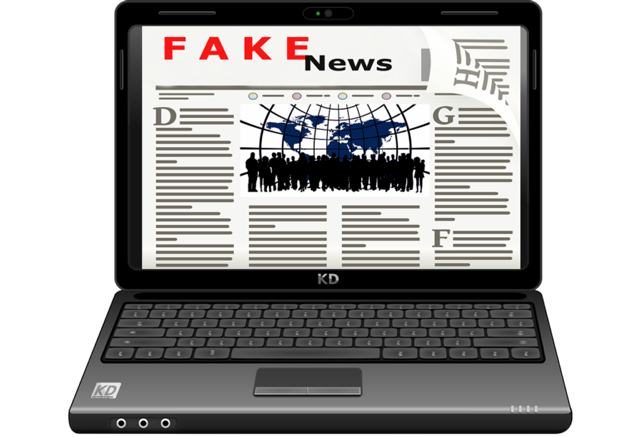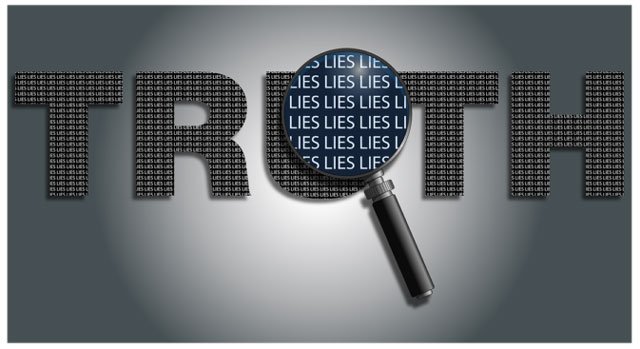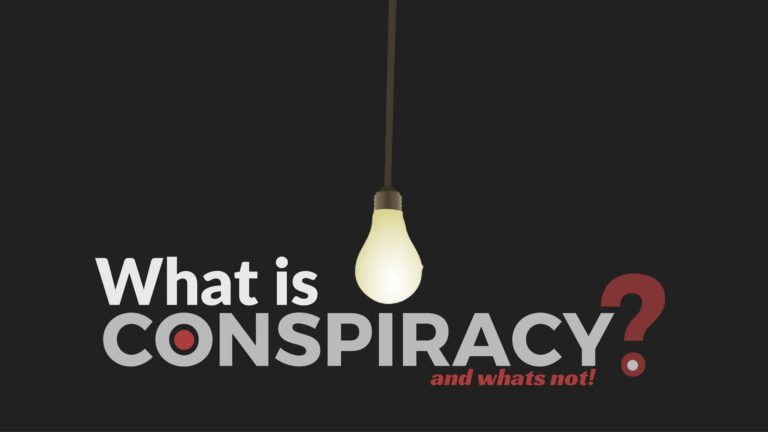Conspiracy… What does it actually mean?
The term “Conspiracy” is fast becoming one of those meaningless, overused words due to the different perceptions as to what it actually means. The word Conspiracy has been defined as;
“a secret plan by a group to do something unlawful or harmful”
Or more accurately as;
“The action of plotting or conspiring”
But, what does Conspiracy mean? It usually entails the actions of a minority which affects the lives of the majority, for example, a group of rebels conspiring against the Crown or a government conspiring against the people. In recent times a conspiracy has become known as a theory more commonly associated with powerful actors such as corporations or governments who act in secret to gain more power at the expense of individuals. Perhaps the most accurate definition of a conspiracy is an act orchestrated by two or more people that do not benefit society as a whole.
The element of secrecy is always present in a conspiracy. Terrorist attacks by organizations against the U.S.A are not really regarded as Conspiracies, simply as terrorist attacks. This is because many terrorist organizations against the U.S.A go public on Youtube and other outlets and are quite open about their intentions. If a group was to actively video or otherwise publicly advertise its conspiracy it would not be regarded as a conspiracy.
The Power of Belief

A conspiracy theory is by and large determined by the number of people that believe in it. If the majority of people believe some fact it becomes common sense, no matter what it is, and those who don’t believe in the same thing are often viewed as fanatics or conspiracy theorists. It is primarily a matter of what the majority of people happen to believe in. This highlights the importance of the media and the education industry. What people believe and subscribe to has a significant bearing on what is considered a conspiracy or not.
Recent emails from Wiki-leaks have revealed that the governments of Qatar and Saudi Arabia have been giving substantial amounts of funds to the Clinton Foundation and while Hillary Clinton was head of State, while also funding ISIS at the same time. During her tenure, the biggest arms deal in the world was made with Saudi Arabia to the tune of $80 billion. Before the release of the Clinton emails, this would have been mere speculation and theory.
Media and Conspiracy
With the rise of alternative media and in particular news networks on Youtube such as Real Turks and Infowars, the line between conspiracy theory and news has become quite blurred. As more people unsubscribe from Mainstream networks and over to these types of alternative media channels, they cease to be alternative and become the actual mainstream networks themselves. The main point about these conspiracy theories is that it is entirely subjective. The people of China, with a complete blackout of access to free information, may have completely different idea about the meaning of a conspiracy theory than those of the U.S.A.
Generally, conspiracy theorists believe themselves to have special knowledge or see things in a different way to others and view the people who are not “in the know” as a brainwashed herd. Thus these individuals consider themselves to have discovered the truth whereas everyone else believes the lies told by the people at the top, the real conspirators against the masses.
How to deal with Conspiracy Theories

Perhaps the most sensible avenue is simply to temper belief in any theory with personal experience and sound logic. For example, the theory that NASA never landed on the moon is quite ludicrous, as is the denial of the Holocaust. It would involve too many people and on too large a scale and is not really in anyone’s interests. They are too large to be believable and simply too unlikely, as well as being proven by science and personal accounts from individuals. Another helpful avenue in dealing with conspiracy theories is the ability to hold two opposite extremes in mind and find the middle ground between them.
For example, it may be true that the system of debt and interest rates is designed to keep the rich rich and the poor poor. It is also true that money printing has enabled much mischief in the financial system and much incorrect evaluation of the actual value of goods, services, and assets of all kinds. On the other hand, people do simply need access to finance, to survive and invest. We are in the middle of unprecedented growth that is intricately tied to easy money policies. Both extremes may be true.
Who Benefits?

It may be prudent always to ask the question: “Who benefits from this?”. Instead of thinking of some evil group conspiring against the masses it is more often than not competing interest groups who are eager for more money and power, and sometimes it is easier for them to work together. Thus the U.S.A government may want more power over its citizens; however, it also wants to gain more power globally, and need’s to do this by limiting the Russia. And to do this, it need’s the support of its citizens by giving them more power or at least the appearance. Thus it is rarely straightforward but more often multi-faceted.
Most “true” conspiracies are simply a group of people acting in their best interests, which people always do. And while it is often true that large groups want more power and more money, and do this at the expense of individuals, these groups are not always aligned.


